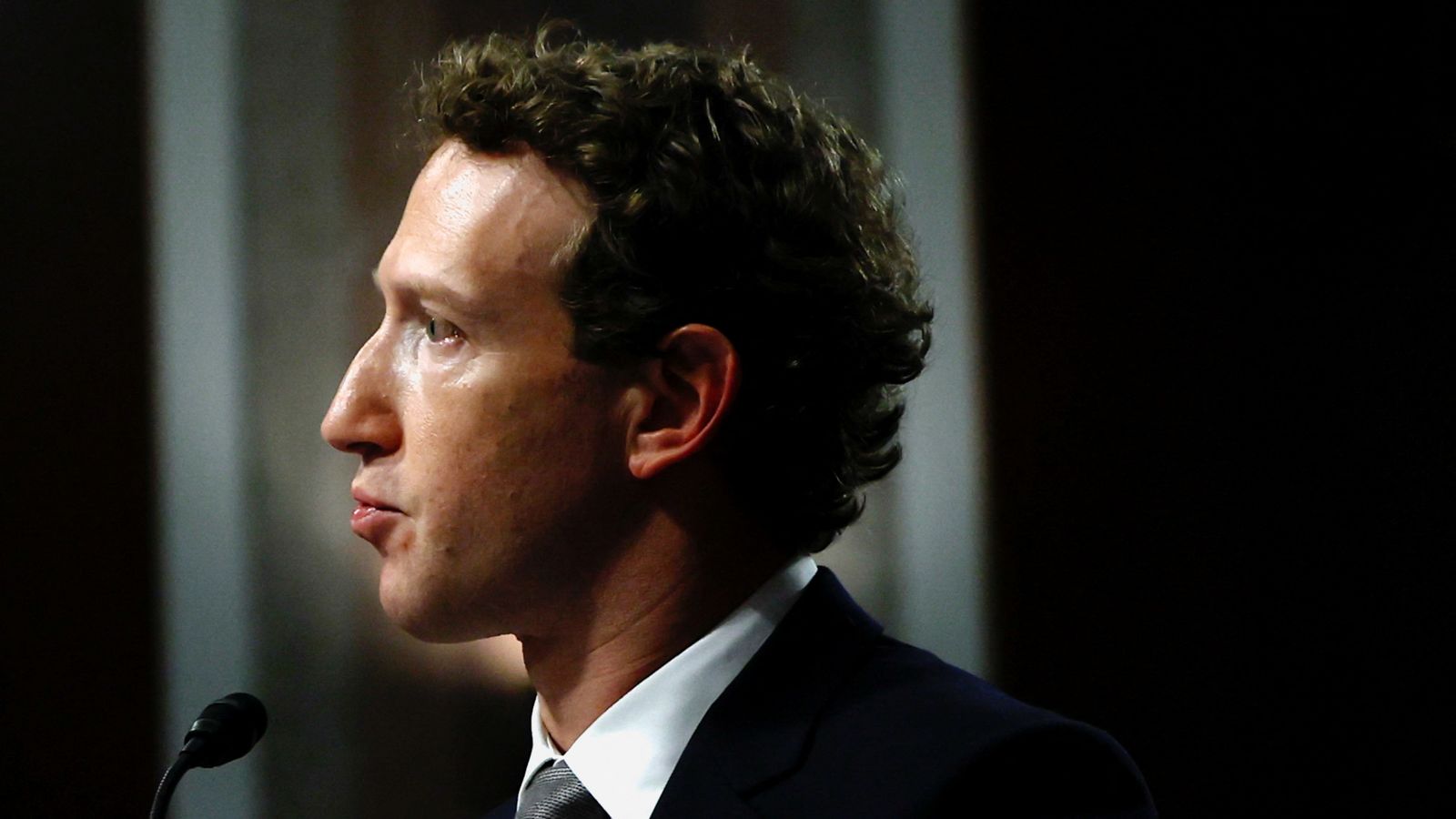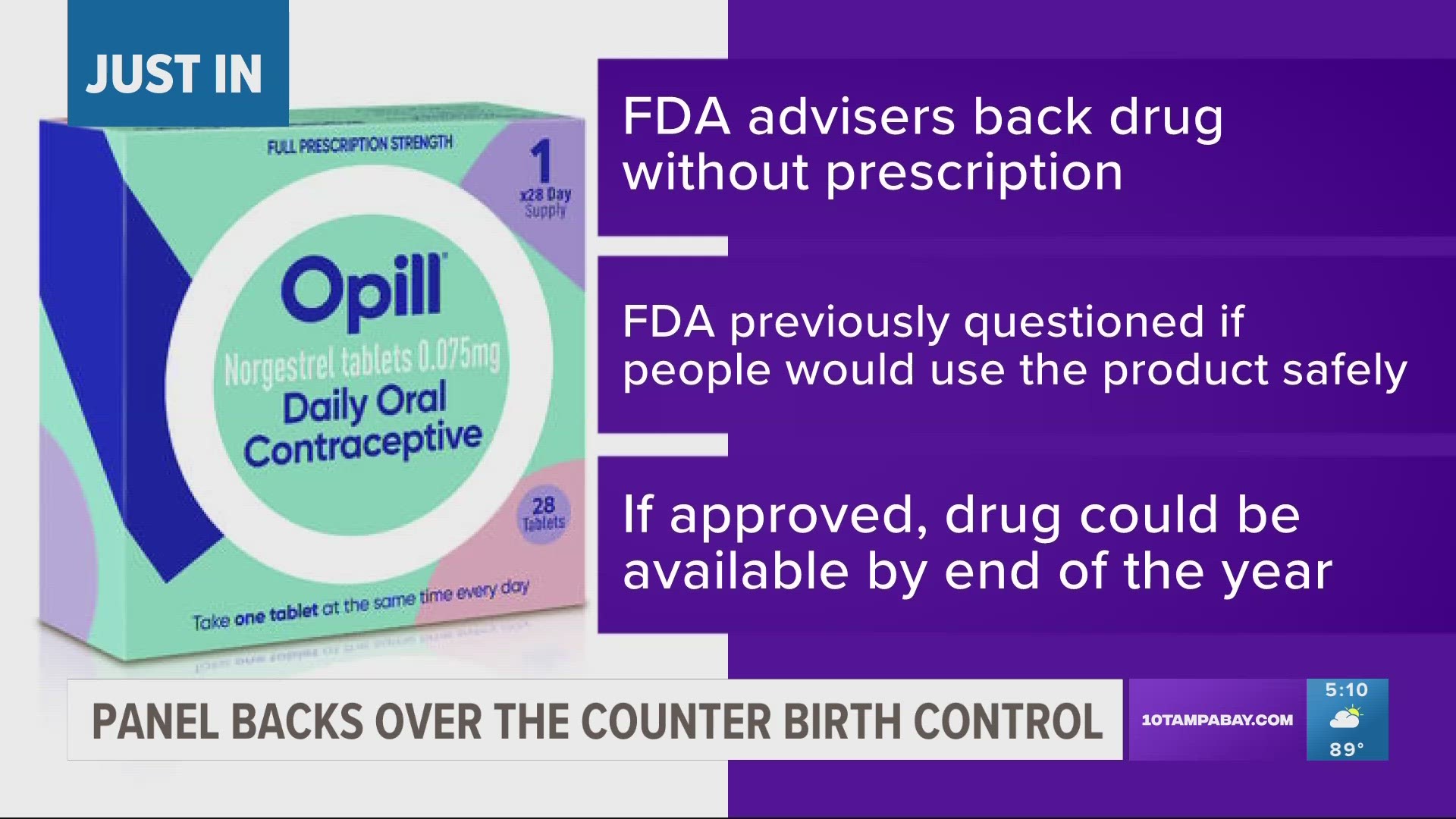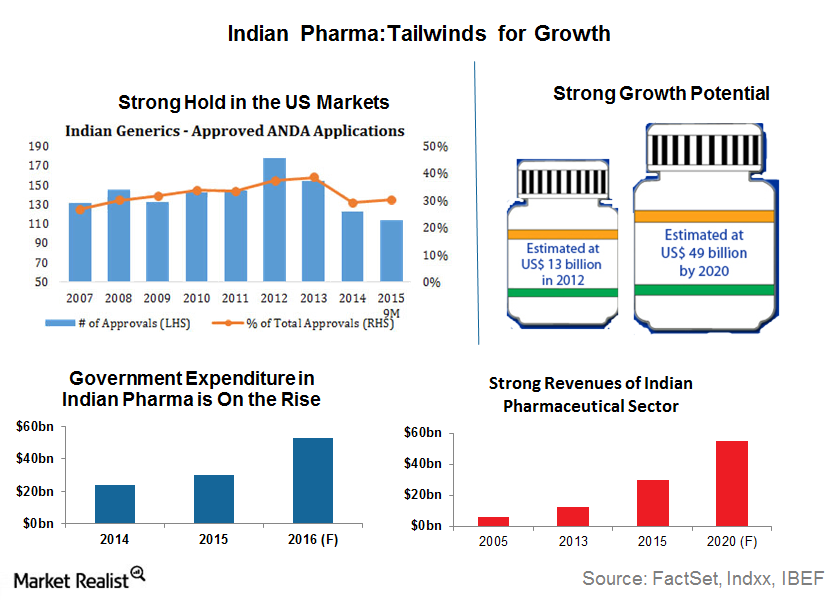Mark Zuckerberg And The Trump Administration: A New Era For Meta

Table of Contents
Regulatory Scrutiny and Antitrust Concerns
The Trump administration's focus on cracking down on big tech intensified the regulatory scrutiny faced by Meta. The company became a prime target for antitrust investigations, facing accusations of monopolistic behavior and anti-competitive practices. This period saw a significant escalation in legal battles, dramatically altering Meta's strategic direction.
- FTC Investigations: The Federal Trade Commission (FTC) launched multiple investigations into Meta's practices, scrutinizing acquisitions like Instagram and WhatsApp for potential anti-competitive actions. These investigations highlighted concerns about Meta's dominance in the social media market and its potential to stifle competition.
- State Attorney General Lawsuits: A coalition of state attorneys general filed lawsuits alleging that Meta engaged in monopolistic behavior, hindering competition and harming consumers. These lawsuits focused on Meta's market power and its practices related to data collection and advertising.
- Data Privacy and User Consent: Concerns about data privacy and user consent further fueled regulatory pressure. The handling of user data became a central point of contention, leading to increased scrutiny of Meta's data collection practices and prompting the company to implement changes to its privacy policies.
These challenges forced Meta to adapt its strategies, investing heavily in legal defense and undertaking significant internal policy changes to address regulatory concerns. The outcome of these legal battles will undoubtedly continue to shape the future of Meta's business operations and its relationship with regulators.
The Political Advertising Landscape
The 2016 and 2020 US Presidential elections highlighted the crucial role of social media in political campaigns, and also brought into sharp focus the controversies surrounding political advertising on Meta's platforms. The spread of misinformation and foreign interference through political ads became major points of concern, prompting widespread debate about the responsibilities of social media companies.
- Increased Transparency Measures: In response to criticism, Meta implemented increased transparency measures regarding political advertising, requiring disclosure of who paid for the ads and aiming to improve the detection of inauthentic accounts.
- Regulation of Political Advertising: The debate about regulating political advertising on social media intensified. Proposals ranged from stricter disclosure requirements to outright bans on certain types of political ads, underscoring the ongoing tension between free speech and the need to combat misinformation.
- Shaping Public Discourse: Meta’s platforms played a significant role in shaping public discourse during these elections, raising questions about the company’s responsibility in moderating political content and preventing the spread of harmful narratives.
Cambridge Analytica and Data Privacy
The Cambridge Analytica scandal, which involved the harvesting and misuse of user data, dealt a major blow to Meta's reputation and user trust. This event triggered significant regulatory changes globally and underscored the urgency of addressing data privacy concerns.
- Data Harvesting and Misuse: The scandal exposed how Cambridge Analytica improperly accessed the data of millions of Facebook users, raising profound concerns about the security and privacy of user information.
- Regulatory Changes (GDPR, CCPA): The Cambridge Analytica scandal was a catalyst for the enactment of stricter data privacy regulations, including the General Data Protection Regulation (GDPR) in Europe and the California Consumer Privacy Act (CCPA) in the US.
- Meta's Efforts to Improve Data Privacy: In response to the scandal, Meta implemented numerous changes to improve data privacy and security, including enhancing its data protection measures and strengthening its policies on data sharing.
Combating Misinformation and Extremist Content
The Trump administration’s focus on combating "fake news" and extremist content online put immense pressure on Meta. The company faced significant challenges in balancing the need to prevent the spread of harmful content with the principle of free speech.
- Challenges in Identifying and Removing Misinformation: Effectively identifying and removing misinformation proved a formidable challenge, given the sheer volume of content and the sophistication of disinformation campaigns.
- Free Speech vs. Harmful Content: Meta continually grappled with finding the right balance between protecting free speech and preventing the spread of harmful content, leading to ongoing debates about content moderation policies and their impact.
- The Role of AI in Content Moderation: Artificial intelligence (AI) played an increasingly significant role in content moderation efforts, but challenges remain in ensuring AI algorithms are effective and unbiased.
The Evolving Relationship Between Meta and the US Government
The relationship between Meta and the US government during the Trump presidency was characterized by a complex interplay of cooperation and conflict. This dynamic reflected the broader tensions between technology companies, government regulation, and the public's concerns about online safety and security.
- Government Requests for User Data: The US government frequently requested user data from Meta for various investigations and security purposes, raising concerns about privacy and government overreach.
- Policy Discussions: The Trump administration engaged in policy discussions with Meta regarding online censorship and free speech, highlighting the ongoing debate about the role of social media companies in moderating content.
- Evolving Legal and Regulatory Landscape: The legal and regulatory landscape for social media companies underwent significant changes during this period, forcing Meta to adapt to new rules and regulations.
Conclusion: Navigating the New Era for Meta
The Trump administration's impact on Meta was profound and multifaceted. The company faced intense regulatory scrutiny, navigated explosive political advertising controversies, and fought tirelessly against the spread of misinformation. The Cambridge Analytica scandal further eroded public trust, forcing significant changes in data privacy practices. The relationship between Mark Zuckerberg and the Trump administration irrevocably shaped Meta's strategies and its future trajectory. The ongoing debate about the role of social media in society and the evolving regulatory landscape continues to define this "new era" for Meta. We urge readers to continue exploring the complex relationship between Mark Zuckerberg, the Trump administration, and the future of Meta, delving deeper into the ongoing discussion about responsible social media practices and the evolving regulatory landscape. The future of "Mark Zuckerberg and the Trump Administration: A New Era for Meta" continues to unfold.

Featured Posts
-
 Liam And Steffy A Bold And The Beautiful Preview Next 2 Weeks
Apr 24, 2025
Liam And Steffy A Bold And The Beautiful Preview Next 2 Weeks
Apr 24, 2025 -
 Over The Counter Birth Control A Post Roe Game Changer
Apr 24, 2025
Over The Counter Birth Control A Post Roe Game Changer
Apr 24, 2025 -
 Niftys Ascent Examining The Tailwinds Driving Indias Market
Apr 24, 2025
Niftys Ascent Examining The Tailwinds Driving Indias Market
Apr 24, 2025 -
 Las Vegas Airport Faa Scrutinizes Collision Risk Factors
Apr 24, 2025
Las Vegas Airport Faa Scrutinizes Collision Risk Factors
Apr 24, 2025 -
 The Los Angeles Wildfires When Disaster Becomes A Gambling Opportunity
Apr 24, 2025
The Los Angeles Wildfires When Disaster Becomes A Gambling Opportunity
Apr 24, 2025
